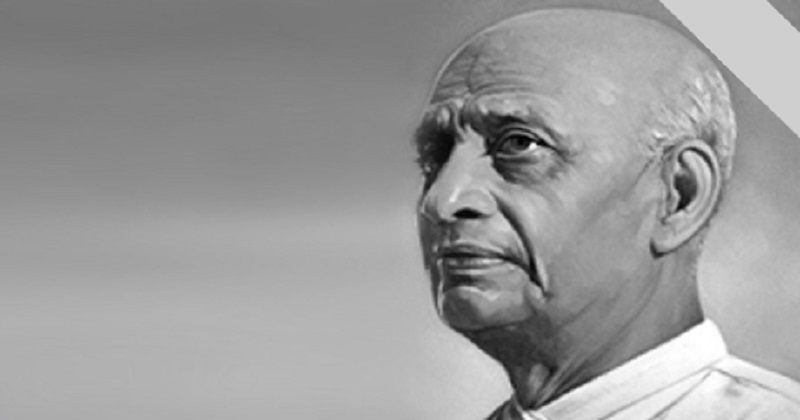
Sardar Vallabhbhai Patel is a revered name in Indian politics. A lawyer and a political activist, he played a leading role during the Indian Independence Movement. After independence, he was crucial in the integration of over 500 princely states into the Indian Union. He was deeply influenced by Gandhi’s ideology and principles, having worked very closely with leader. Despite being the choice of the people, on the request of Mahatma Gandhi, Sardar Patel stepped down from the candidacy of Congress President, which ultimately turned out to be the election to choose the first Prime Minister of independent India. He was the first Home Minister of Independent India and his uncompromising efforts towards consolidation of the country earned him the title ‘Iron Man of India’.
In 1917, Sardar Vallabhbhai was elected as the Secretary of the Gujarat Sabha, the Gujarat wing of the Indian National Congress. In 1918, he led a massive “No Tax Campaign” that urged the farmers not to pay taxes after the British insisted on tax after the floods in Kaira. The peaceful movement forced the British authorities to return the land taken away from the farmers. His effort to bring together the farmers of his area brought him the title of ‘Sardar’. He actively supported the non-cooperation Movement launched by Gandhi. Patel toured the nation with him, recruited 300,000 members and helped collect over Rs. 1.5 million.
In 1928, the farmers of Bardoli again faced a problem of “tax-hike”. After prolonged summons, when the farmers refused to pay the extra tax, the government seized their lands in retaliation. The agitation took on for more than six months. After several rounds of negotiations by Patel, the lands were returned to farmers after a deal was struck between the government and farmers’ representatives.
In 1930, Sardar Vallabhbhai Patel was among the leaders imprisoned for participating in the famous Salt Satyagraha movement initiated by Mahatma Gandhi. His inspiring speeches during the “Salt Movement” transformed the outlook of numerous people, who later played a major role in making the movement successful. He led the Satyagraha movement across Gujarat when Gandhi was under imprisonment, upon request from the congress members.
Sardar Patel was freed in 1931, following an agreement signed between Mahatma Gandhi and Lord Irwin, the then Viceroy of India. The treaty was popularly known as the Gandhi-Irwin Pact. The same year, Patel was elected as the President of Indian National Congress in its Karachi session where the party deliberated its future path. Congress committed itself towards defence of fundamental and human rights. It was in this session that the dream of a secular nation was conceived.
During the legislative elections of 1934, Sardar Vallabhbhai Patel campaigned for the Indian National Congress. Though he did not contest, Sardar Patel helped his fellow party mates during the election.
In the 1942 Quit India Movement, Patel continued his unwavering support to Gandhi when several contemporary leaders criticized the latter’s decision. He continued travelling throughout the country propagating the agenda of the movement in a series of heart-felt speeches. He was arrested again in 1942 and was imprisoned in the Ahmednagar fort till 1945 along with other Congress leaders.
Sardar Patel’s journey often saw a number of confrontations with other important leaders of the congress. He voiced his annoyance at Jawaharlal Nehru openly when the latter adopted socialism in 1936. Patel was also wary of Netaji Subhash Chandra Bose and considered him to be “keen on more power within the party”.

Post Your Comments